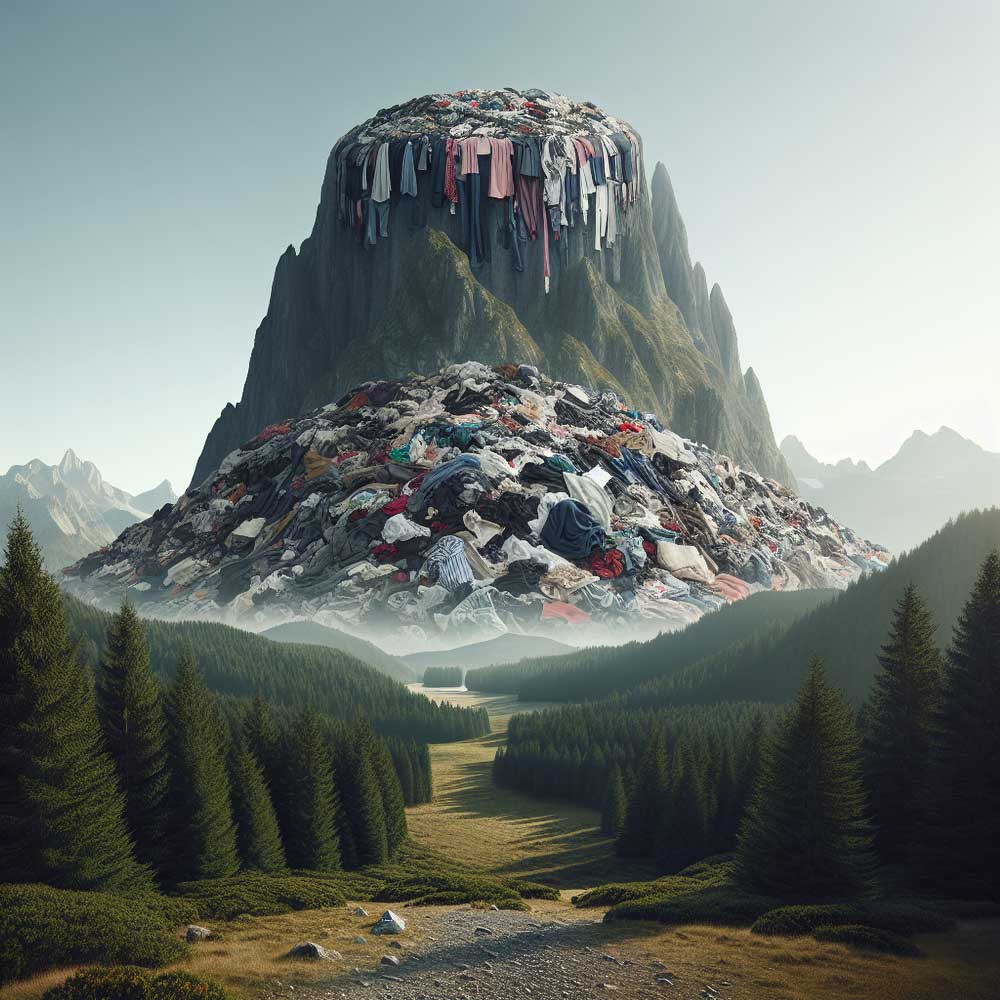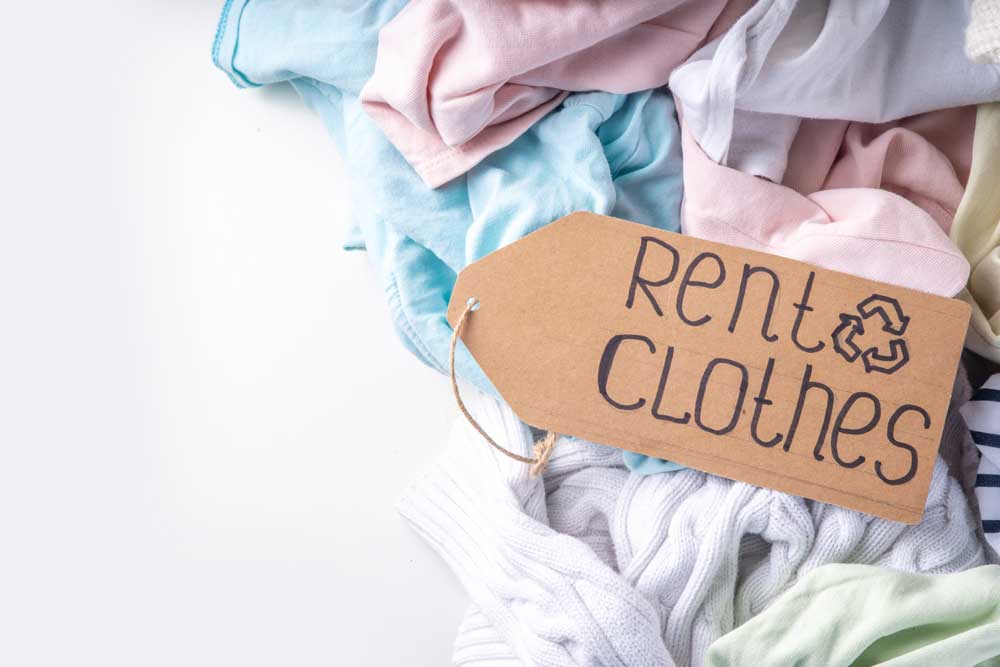Buy Now isn’t just another documentary; it’s a powerful wake-up call for anyone who loves to shop. This film dives deep into the world of consumerism, fast fashion, and the hidden costs of our purchasing habits. Whether you’re a die-hard shopaholic or just someone trying to make more conscious decisions, here’s why Buy Now! deserves a spot on your must-watch list.
A Wake-Up Call for Shoppers
Shopping is often framed as a form of self-care or a reward, but ‘Buy Now: The Shopping Conspiracy’, a documentary on Netflix, pulls back the curtain on how our habits are shaped. The documentary explores how marketing, influencer culture, and the illusion of scarcity manipulate consumers into buying things they don’t need. Through compelling stories and industry insights, it exposes the psychology behind impulse buying and the detrimental impact of ‘retail therapy.’

Image used for representational purposes only.
How Marketing Shapes Consumer Habits
One of the standout revelations in the film is how brands and marketers prey on our emotions. Buy Now! highlights tactics such as:
• New and Now: This emphasises how fast fashion and ultra-fast fashion brands have increased profits by creating an urgency to buy new items. These brands produce between 25,000 to 1.3 million items a year.
• Haul Trends: The role of social media in fuelling overconsumption is undoubtedly huge. Amongst all the content revolving around shopping, ‘hauls’ seem most harmful, urging customers to buy what they may not need.
• Quick Buys: The film uncovers how e-commerce grew from a hunger of profit maximisation by making shopping available and providing access to quick delivery timelines

Image used for representational purposes only.
The Environmental and Cost of Impulse Buying
The environmental impact of unchecked shopping is staggering. Buy Now! uncovers the dark side of fast fashion and consumer goods:
• Waste: Millions of tons of clothing, electronics and accessories end up in landfills annually, much of it made from synthetic fabrics that don’t decompose.

Image used for representational purposes only.
• Drop in Quality: By giving the example of how the longevity of lightbulbs was decreased in order to make sales more frequent, 'But Now!' how brands let quality take the back seats in order to increase sales.
• Greenwashing: While brands use symbols and promises of recycling to reassure eco-conscious consumers to shop without doubts, the documentary highlights how less than 10 per cent of all plastic we produce is actually recycled.
• Plastic Everywhere: While most of us may be oblivious to the waste problem, the documentary touches upon how grave the waste problem is- with microplastics and toxins in the air, water and overall environment. Visuals of mountains of waste clothes on beaches are heart-wrenching and eye-opening.
The documentary emphasises how every purchase contributes to a global ripple effect, impacting ecosystems, workers, and future generations. Luxury brands in fashion also resort to damaging goods that are in perfect condition to avoid selling at a loss.
Becoming a Conscious Consumer

Image used for representational purposes only.
The real triumph of Buy Now! lies in its actionable advice for viewers. It doesn’t ask us to give up shopping altogether but instead encourages more thoughtful habits. Here’s how you can take steps toward responsible consumption:
1. Buy Less, Buy Better: Invest in durable, high-quality items instead of cheap, disposable ones.
2. Research Brands: Support companies that prioritise fair wages, sustainable materials, and ethical practices.
3. Avoid Impulse Purchases: Take a 24-hour pause before making non-essential purchases.
4. Embrace Circular Fashion: Explore thrift stores, clothing swaps, and rental platforms.
5. Repair and Reuse: Extend the life of what you already own.
The Takeaway
Buy Now! isn’t about guilt-tripping shoppers but inspiring change. It urges us to rethink our relationship with consumption and consider the story behind every item we purchase. In doing so, we can make choices that align with both our style and our values.